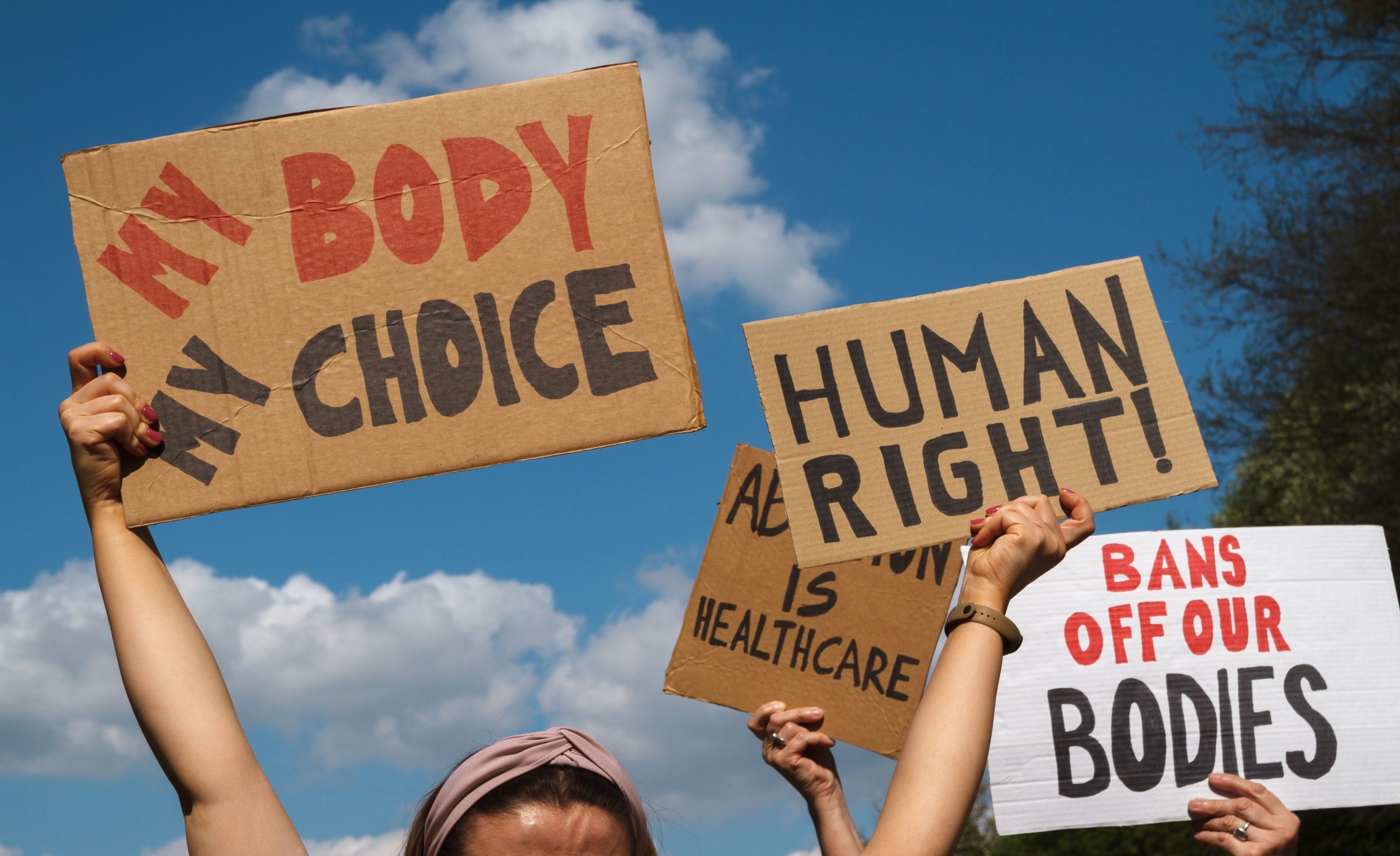Plan, Safeguard, Care: An Ethical Framework for Health Care Institutions Responding to Immigrant Enforcement Actions
The Hastings Center’s Ethical Framework for Health Care Institutions Responding to Covid-19 (March 2020) established foundational duties for responding to a public health emergency. Building on recent work by Julie M. Linton and colleagues and Mark Kuczewski, we adapt The Hastings Center’s Covid-19 guidance to create a new practical ethical framework for responding to current…

Published
Authors
Share
The Hastings Center’s Ethical Framework for Health Care Institutions Responding to Covid-19 (March 2020) established foundational duties for responding to a public health emergency. Building on recent work by Julie M. Linton and colleagues and Mark Kuczewski, we adapt The Hastings Center’s Covid-19 guidance to create a new practical ethical framework for responding to current challenges, focused on duties of hospitals and other health care settings in responding to Immigration and Customs Enforcement or other immigration authorities.
Health care institutions meet basic human needs by providing essential services that save lives, restore health, or manage symptoms. In the U.S., access to health care services is frequently constrained by lack of insurance and by ability to pay. Yet every person, regardless of resources or citizenship, needs some way to receive health care should they need it, in the place where they are. As Linton and co-authors write:
Health care settings have historically been considered protected areas (also known as “sensitive locations”), where immigration enforcement was generally prohibited. … However, on January 20, 2025, the Trump administration rescinded the protected areas policy as part of a directive to expand immigration enforcement … This ambiguous and expanded reach of law enforcement creates confusion and anxiety among health systems and patients and is expected to have a chilling effect as immigrant families seek health care.
The framework below outlines three foundational ethical duties of health care institutions relevant to this situation: (1) the duty to plan for foreseeable situations with impact on patient care and institutional operations, (2) the duty to safeguard patient populations and the health care workforce, and (3) the duty of care, long understood as nonabandonment of patients.
The Duty to Plan
The duty to plan for emergencies that threaten public health and safety, such as infectious disease outbreaks, natural disasters, and active shooters, also applies to situations that put a particular population at greater risk. Health care institutions should have predetermined responses for how staff should respond if immigration enforcement authorities enter their premises.
Key features of the duty to plan:
- Establish lines of responsibility for interactions with authorities that ensure a point person for every shift.
- Institute a “front door” policy, procedure, and training that details and reinforces how security officers and other staff should interact with immigration enforcement authorities.
- Restrict access of immigration enforcement authorities to public spaces to minimize disruption to patient care. If feasible, identify and clearly label private spaces for patients, family, and health care staff only.
- Limit cooperation to what is required by law and require proper identification and legal documents before complying.
- Ensure protection and confidentiality of patient information, including guidance concerning whether and how medically relevant information concerning immigration status (if known) should be reflected in electronic medical records.
The Duty to Safeguard
Health care institutions have a duty to safeguard their patients from harm Preparing health care workers for interactions with immigration authorities should aim to prevent situations in which health care workers are unsure where they can turn for immediate guidance.
It is not ethically appropriate to leave safeguarding patients up to individual health care workers. Ethical opinions differ about compliance with laws or policies that individuals may perceive as unjust. However, lack of institutional clarity concerning the basic duty to safeguard patients from harm can itself be a source of harm or injustice. Lacking institutional guidance, some workers may feel justified in taking unilateral actions (such as falsifying records) if they perceive that these actions are needed to safeguard immigrant patients; these actions may introduce inaccurate information into patient care systems. Other workers may feel equally justified in ignoring their duty to safeguard these patients.
Health care institutions are major employers, and as immigrants are a significant percentage of health care workers at all levels safeguarding the health care workforce is also important. Institutional, departmental, and unit-level leaders should be attentive to how uncertainty and stress may affect the workforce, ranging from concern about one’s own safety or that of family members to disparaging remarks about immigrants or whether they deserve health care. These leaders should, through their own communication and conduct, set the tone for a collective commitment to the mission of patient care while acknowledging how the inherent stresses of health care work may be heightened by immigration enforcement.
Key features of the duty to safeguard:
- Make trustworthy information available to patients, family caregivers, and the health care workforce.
- Partner with the National Center for Medical-Legal Partnership or other health law organizations and with knowledgeable staff such as medical social workers to provide expert training relevant to the care of immigrant patients and family caregivers.
- Ensure that patient care workforce training includes topics such as access to licensed in-person or remote medical interpreters.
- Provide opportunities for health care workers to reflect on their experiences and concerns in caring for immigrant patients.
- Recognize the chilling effect of immigration enforcement on health care utilization and, when possible, offer alternatives to in-person care such as phone or telehealth consultations.
The Duty of Care
This duty, often defined as nonabandonment, is foundational to ethical practice in health care and the core of health care professional identity. Being prevented from fulfilling the duty of care feels profoundly wrong. Health care institutions should support professionals’ ability to practice to standards of care and provide guidance and support for situations in which working to standards is undermined by factors such as insurance or immigration status. Institutions should also strive to uphold their duty of care to the neighborhoods, cities, or regions where they serve as health care providers and as employers.
Health care workers in patient care roles often think of themselves as advocates for patients and their families. This identification may be especially strong when patients’ access to needed care is constrained, yet the duty of care does not require individual workers to assume responsibility for all forms of advocacy, nor to extend themselves without limit. Institutional recognition of barriers to care and institutional support for programs to reduce access problems associated with immigration status are fairer and more sustainable than unofficial systems of advocacy dependent on individuals.
Fears about legal consequences can undermine the duty of care. It is crucial for institutions, through departmental and unit-level leaders, to respond to workers’ questions and concerns about liability, reinforce obligations to patients that include safeguarding their privacy and the confidentiality of health information, and clarify where health care workers should turn when they need guidance.
Key features of the duty of care:
- Foster a welcoming and caring clinical environment that respects all patients.
- Maintain clarity concerning appropriate standards of care for emergency and nonemergency medical treatment for all patients; do not compromise those standards if an avenue to meet them exists.
- When standards of care cannot be met for some patients because of immigration status or immigration enforcement actions, maintain responsibility for their care and pursue the least harmful approach to responding to their needs. Clinical ethics consultation may be helpful.
By applying this ethical framework, health care institutions can navigate foreseeable uncertainty and support the safety, health, and well-being of patients, caregivers, and the health care workforce.
A version of this post originally appeared in Hastings Bioethics Forum.


